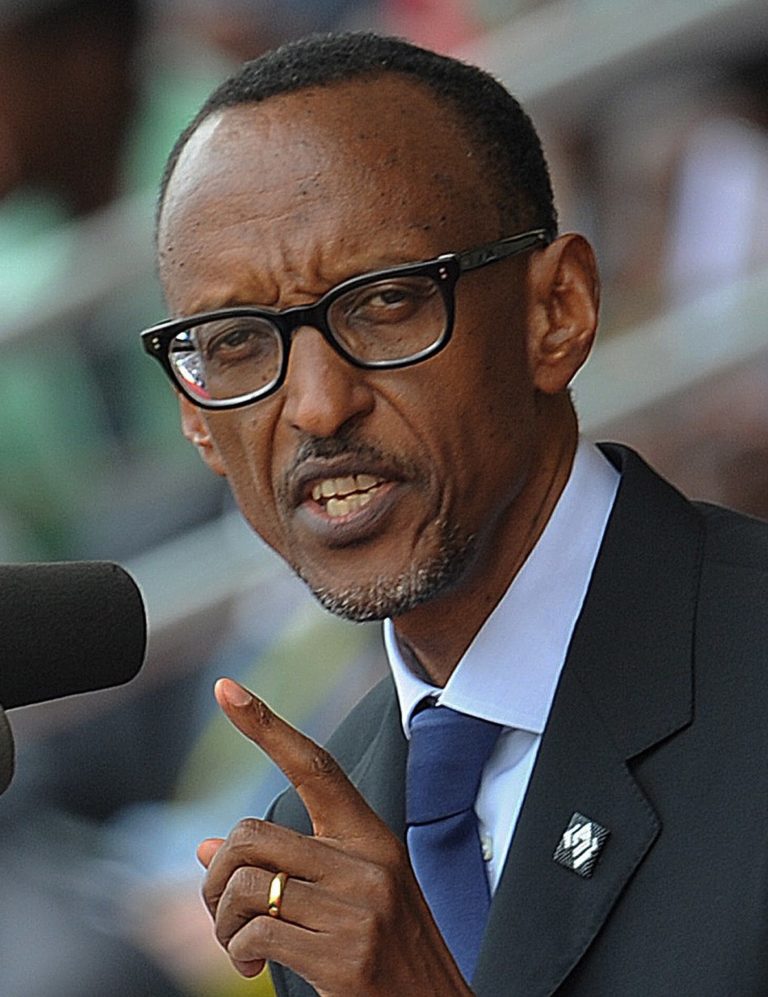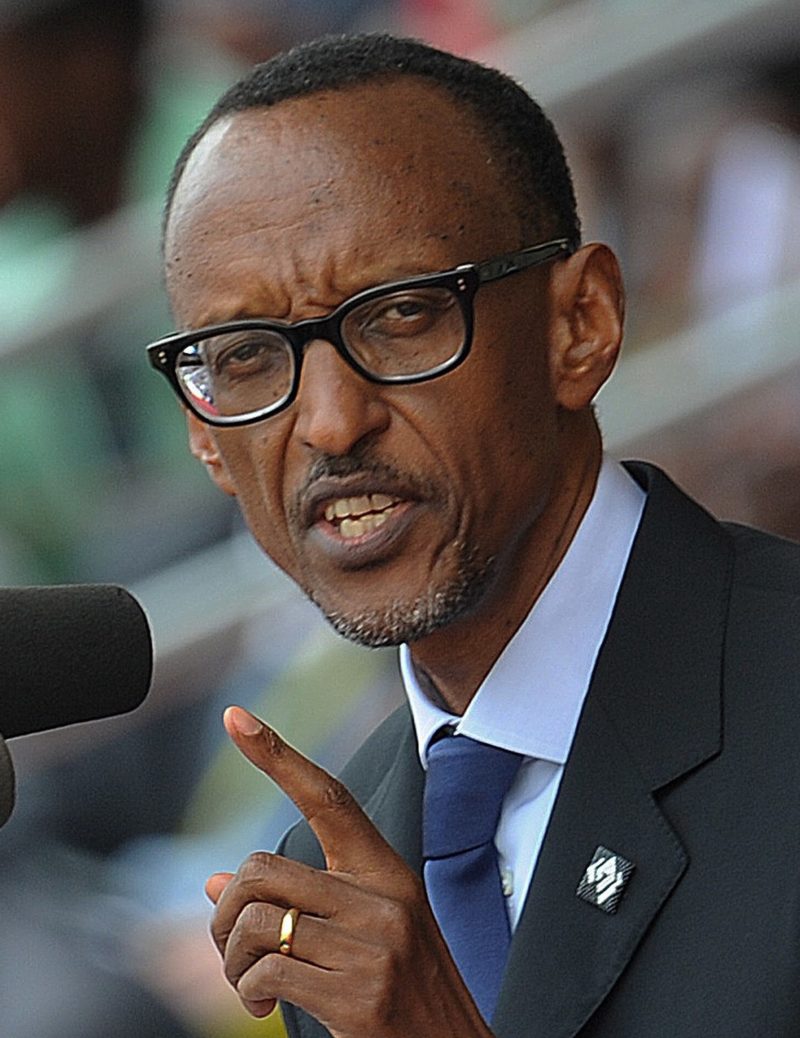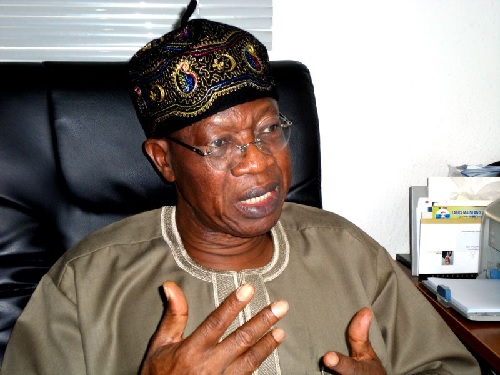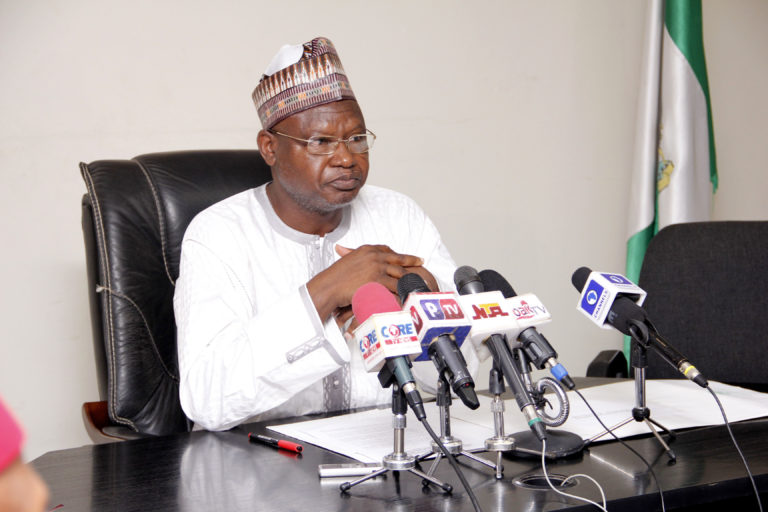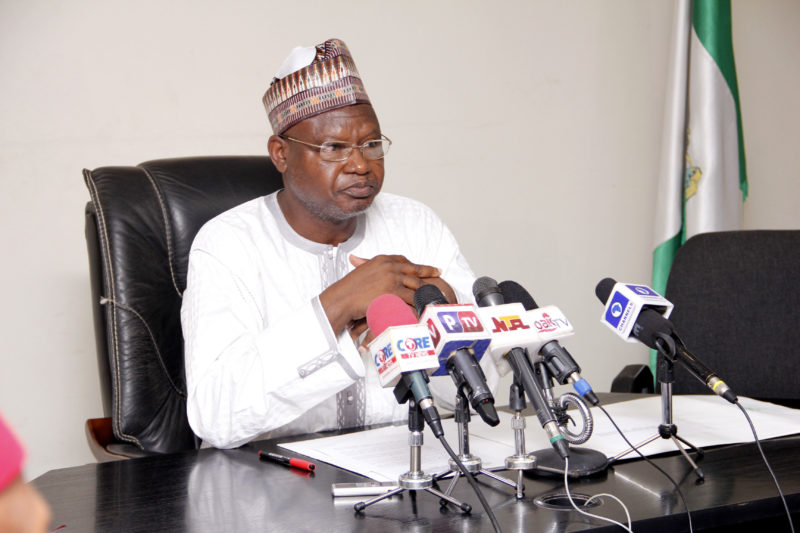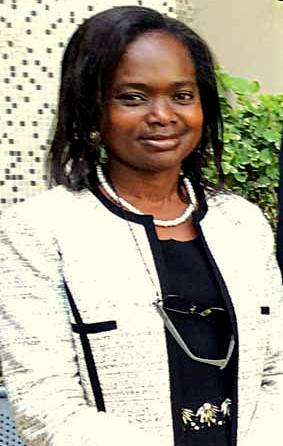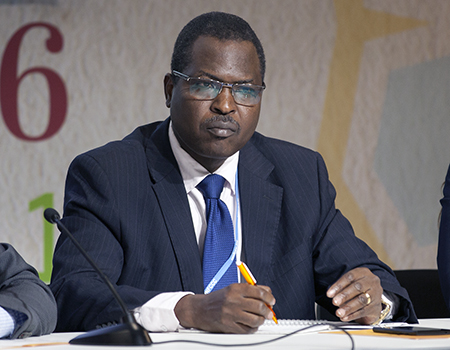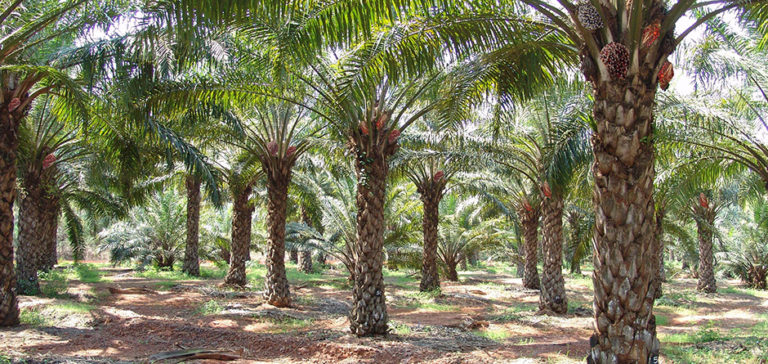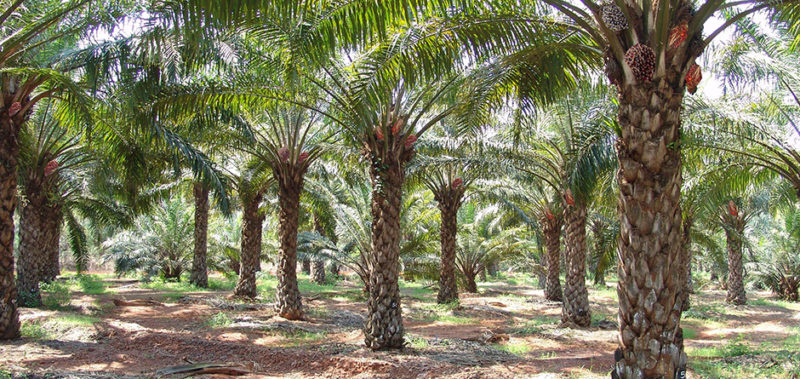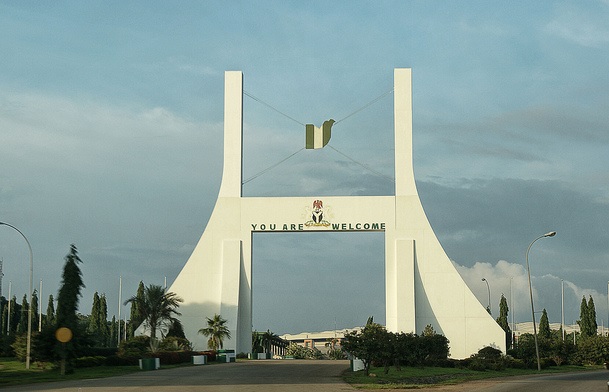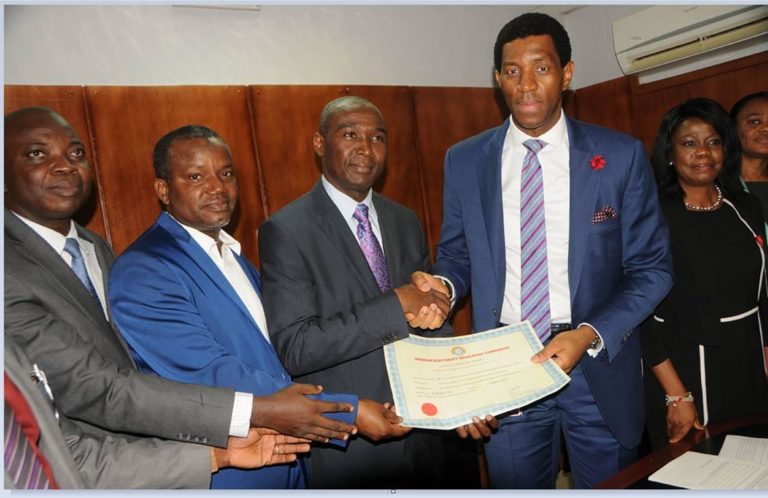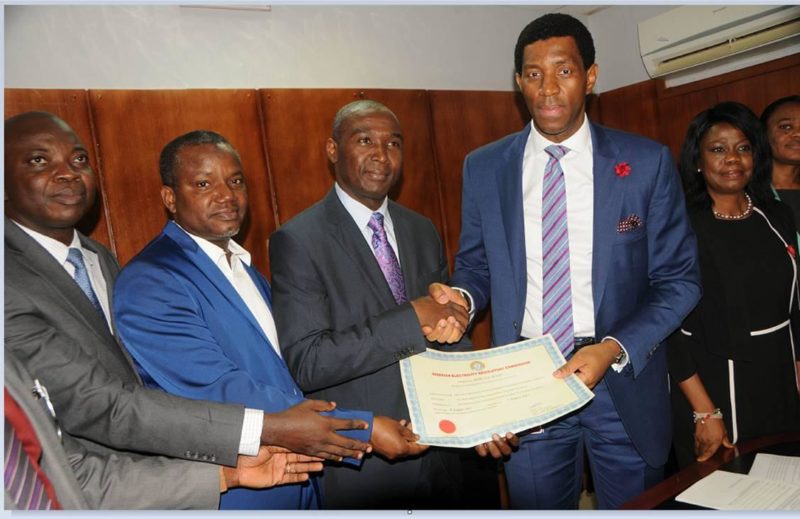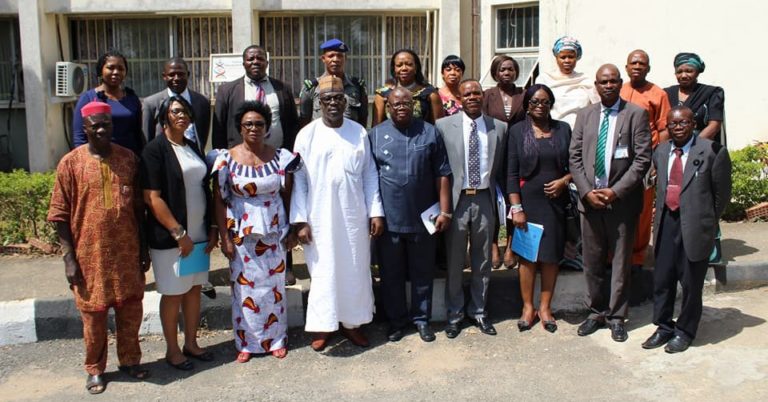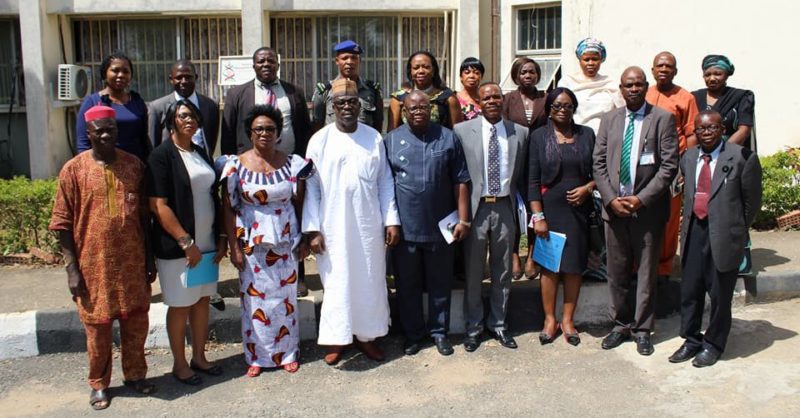The Managing Director, Nigerian Communications Satellite Ltd (NIGCOMSAT), Ms Abimbola Alale, has reiterated the company’s commitment toward ensuring that Nigerians reap the benefits of communication satellite.
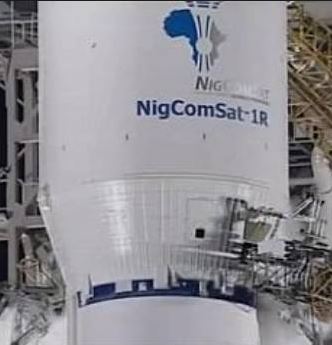
Alale, represented by Mr Raji Kolawole, the Executive Director, Engineering Services NIGCOMSAT, said this at the training of resellers and installers on Ka-VSAT in Abuja on Thursday, November 23, 2017.
Alale said that very soon, every Nigerian would have access to communication satellite services in their homes as against a few who presently enjoys the services.
“Our services had been rated very high by current users as second to none, it is therefore our humble appeal to Ministries, Departments and Agencies (MDAs) and the private sector to utilise the services offered by NIGCOMSAT.
“The services offered by NIGCOMSAT are geared toward ensuring reduction in capital flight and to engender the socio-economic development and growth of our nation.
“With the recent signing of a back-up agreement with Belintersat, operators of Belintersat-1, NigComSat IR is poised to offer excellent service and capture the communication satellite market available in Africa and beyond,’’ she said.
Alale said that NIGCOMSAT Ka band offers a VSATS Network cost effective solutions that reduces total cost of Ownership (TCO) and cheaper bandwidth pricing for subscribers in comparison to Ku and C-bad networks.
According to her, the training exercise is designed specifically for NIGCOMSAT V’SAT installers on its Ka band and it is meant to equip them with the best and emerging trends in the satellite communications industry.
She said that the training was envisaged to further deepen and strengthen the Federal Government’s broadband penetration plan.
“The installers will be adequately trained to handle all issues relating to configuration, deployment and management of the service,’’ Alale said.
While urging the participants to take the training seriously, the NIGCOMSAT boss said that they had been carefully selected out of the hundreds that applied to leverage on the opportunity to improve themselves.
Alale said that training was also part of NIGCOMSAT way of fulfilling its corporate social responsibility in achieving the goals and aspirations of President Muhammadu Buhari’s agenda of reaching out to Nigerians no matter where they reside.
One of the participants, Mr Gbenga Balogun said that it was a great opportunity for him to be involved in the training as it would be of great benefit to his company .
He said that the training would create job opportunities for Nigerians as most of them being trained would also train others.
Also speaking, Mr Gbolahan Kolawole expressed joy he was part of the training, adding that it would help those in the rural areas to access network from NIGCOMSAT Ka-VSAT.
By Constance Athekame

